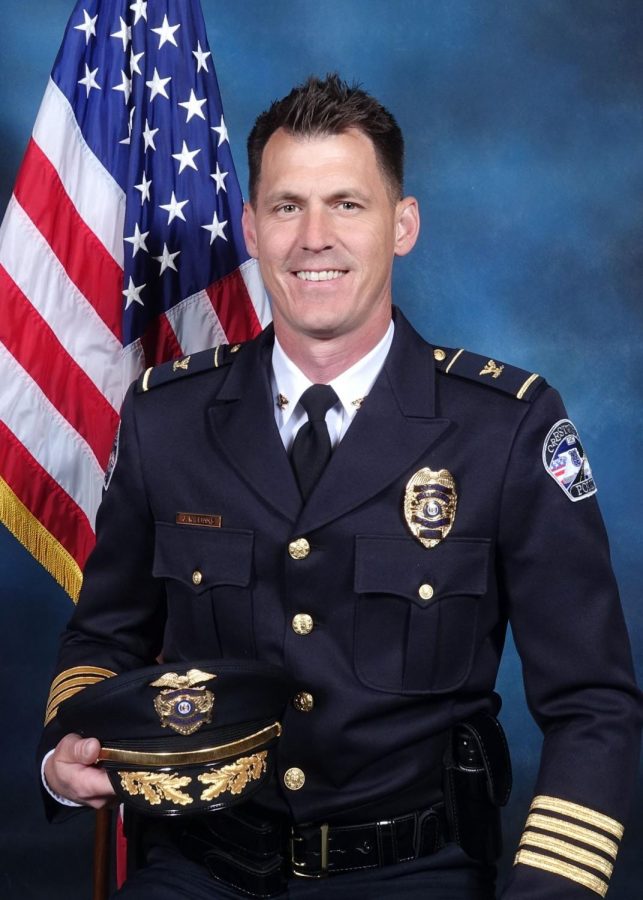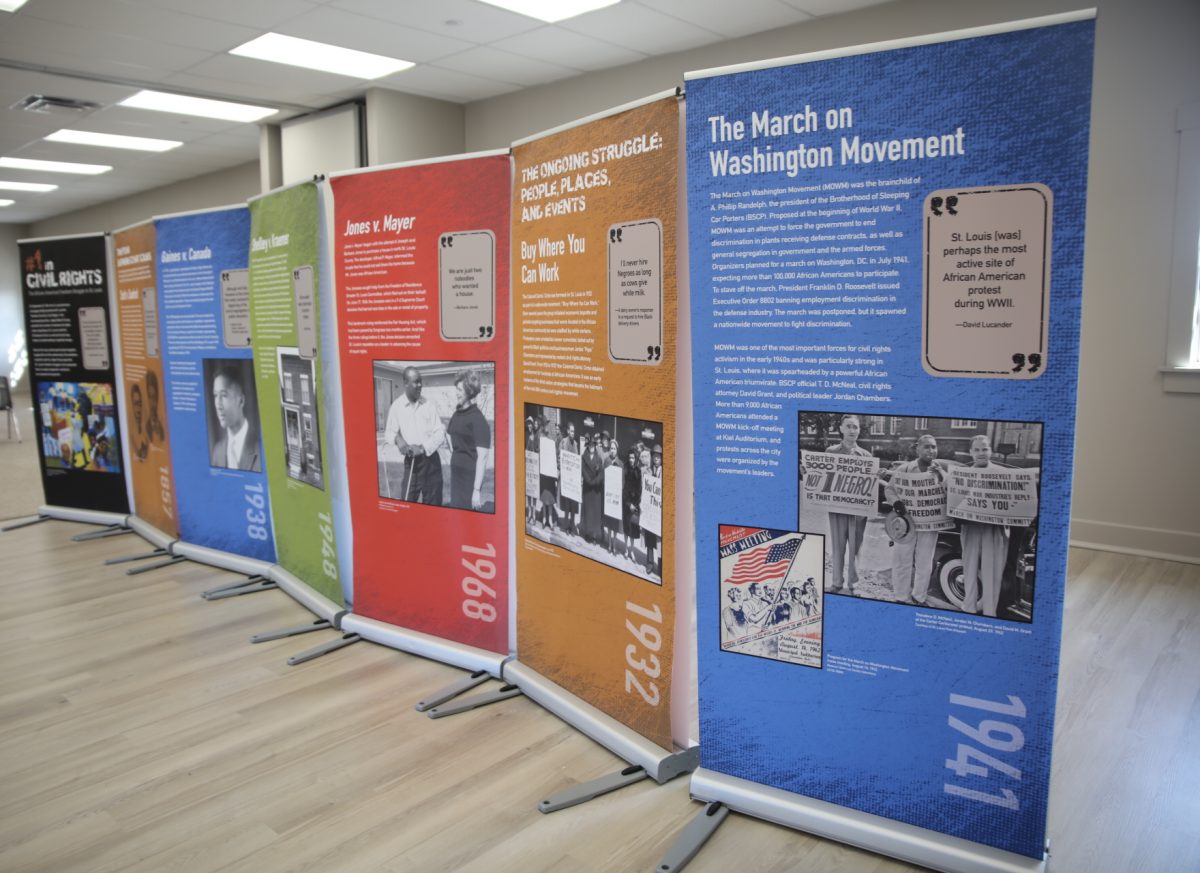Private organizations and governmental entities lit up the debate last week on a proposed countywide ban on smoking in public places, and citizens will get the last drag at a second public hearing April 12.
The County Council heard the first of two public debates March 22 on Councilman Kurt Odenwald’s proposal to ban smoking in public places, including restaurants, bars and casinos. The Shrews-bury Republican says people now accept the health hazards of secondhand smoke so the time to act is now.
Some argued a smoking ban would put out-of-business signs in the windows of bars and restaurants. Some pleaded for a countywide ban to level the commercial playing field for municipalities considering similar proposals, but others suggested it would pummel sales-tax revenue.
And, of course, the issue of public health often was raised.
Secondhand smoke contributes to at least 23 diseases, including heart and lung diseases, cancers and several respiratory problems, James Repace of the Group Against Smok-ing Pollution told councilmen.
“Secondhand smoke clearly causes a loss of life expectancy,” said Repace, who had worked for the Environmental Protection Agency for 19 years.
Based on a study he did in Delaware, harmful carcinogens highly exceeded government standards in bars that allowed smoking. When a state smoking ban was instituted, those same bars registered the same carcinogen levels as the outdoors, meaning a much healthier environment for bar patrons, he said.
“With carcinogens, the smoking ban dropped the level by 95 percent and the fine particles of air pollution by 90 percent,” Repace said. “That’s a big improvement in air pollution.”
David Kuneman, a retired pharmaceutical researcher, rebutted Repace’s claim, saying, “Everyone was exposed to much more smoke in the 1970s than the 1990s. Still childhood cancers increased 1 percent per year. Death rates between children with asthma doubled since 1980. Chronic bronchitis is up 36 percent in adults,” based on statistics from the U.S. Department of Health and Human Services.
“With half as many people smoking than in the 1970s and 90 percent of places now being smoke free,” he said, “there has been no improvement in public health.”
Other opponents say the government is over regulating restaurants.
“Individual business owners, not the government, should make this decision,” said John Pelzer, director of governmental relations for the Missouri Restaurants Associ-ation.
“In Jefferson City, 55 of 75 bars are non-smoking. This is something society is doing anyway,” he said. “Although restaurants are public places, they are private businesses owned by private citizens … They already cope with a lot of regulations.”
But government has a duty to protect its citizens from health hazards, said Laurie Pickens, chief executive officer of the Amer-ican Lung Association of Missouri.
“We know that secondhand smoke causes illness and death to those who do not smoke,” she said. “With that knowledge, we strongly believe the interest of the health of the general public, and in particular our children, be placed above that of the right to smoke … Not addressing this issue in the greater interest of public health would be irresponsible.”
Maryland Heights officials pleaded with the County Council to reject the ban, citing the city’s dependency on revenue from res-taurants and the Harrah’s casino. They say patrons would choose to go to St. Charles County, Illinois or the city rather than visit the non-smoking establishments of Mary-land Heights.
Officials from Ballwin, however, which recently established a ban, and Kirkwood, which is considering a ban, said a countywide ban would level the playing field, protecting county municipalities from losing business to other county cities without bans.
Roughly 100 people packed the Council Chambers last week to hear about 24 or-ganizations make their case. Speakers were split on the issue.
Residents can present their views on the ban during a public hearing from 2 to 4 p.m. and again from 7 to 9 p.m. Tuesday, April 12, in the Council Chambers of the County Administration Building, 41 S. Central Ave., Clayton.
Legislation to ban smoking in public places has not yet been introduced. The matter merely was brought forth to the council’s Committee of the Whole to hear the debate.
“The reason I asked for this bill to be brought to the committee is to have an opportunity to hear from everybody, both sides of the issue,” Odenwald said. “I know this is a controversial issue. I know this is an issue that people have very passionate feelings about … If one does accept the fact, acknowledges the fact that there is a health risk associated with secondhand smoke, St. Louis County, under our charter, has an obligation and a responsibility to address that issue.”








